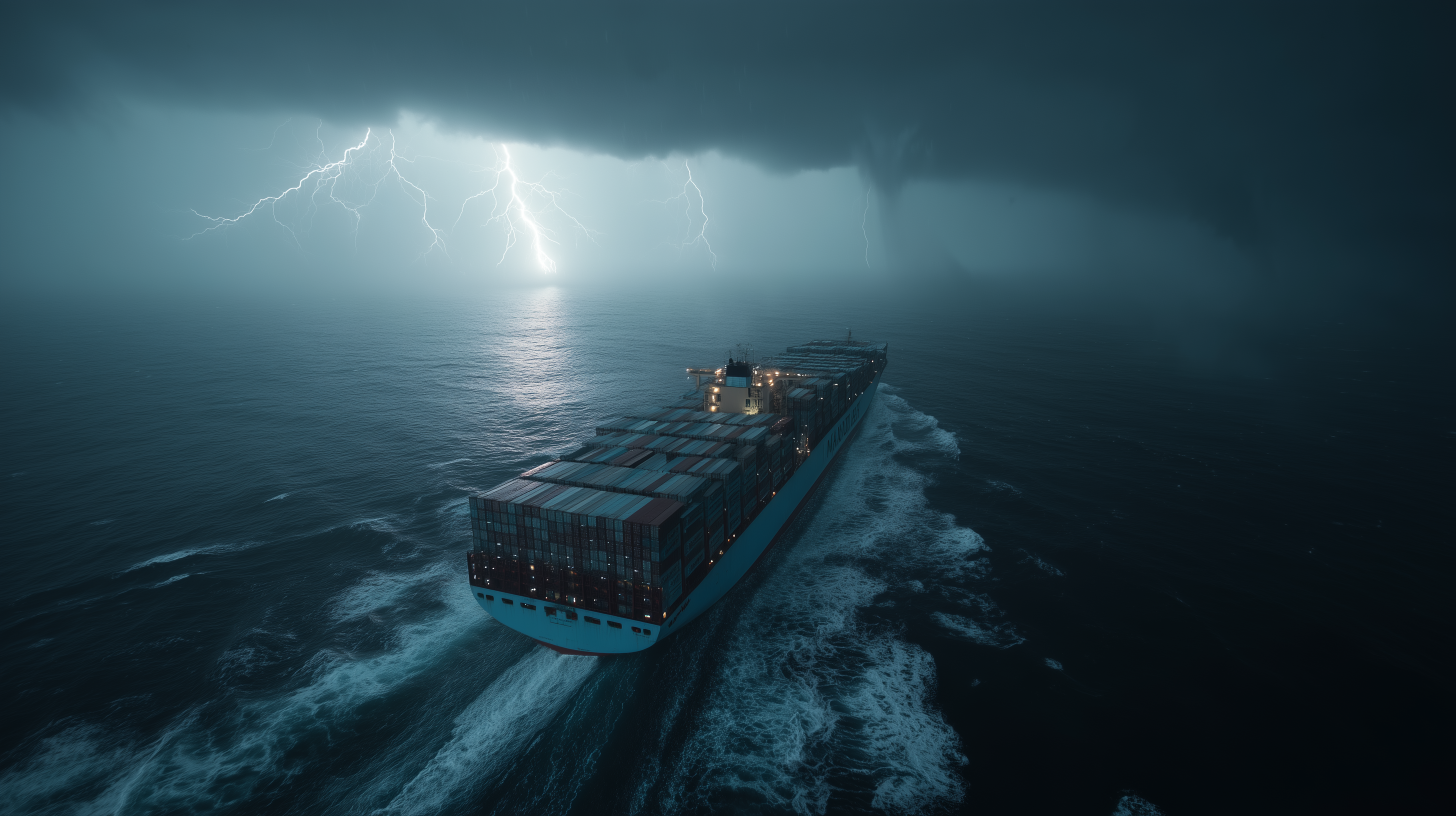By Futurist Thomas Frey
By 2040, the world’s oceans are experiencing a rebirth unlike anything seen in modern history. The catalyst wasn’t a new conservation treaty or a sudden change in human behavior. It was the arrival of a new fleet of ghost ships—fully autonomous cargo vessels that now carry 68% of global trade.
The intended goal of these ships was efficiency. The unintended consequence has been nothing short of an oceanic renaissance. For the first time in two centuries, marine ecosystems are rebounding on a massive scale.
The Silence of the Ghost Fleet
The most surprising change came not from fuel efficiency, but from silence.
Crewless ships don’t need generators running around the clock for kitchens, heating, or air conditioning. They don’t vibrate with the constant hum of human presence. Modern autonomous vessels are eerily quiet, producing 85% less underwater noise than their crewed predecessors.
For marine mammals, this is transformative. The ocean had become an industrial soundscape—a deafening environment where whales could barely communicate across a few hundred miles. Today, their voices carry for thousands of miles again. Entire migration routes, disrupted for generations, have spontaneously restored themselves.
A Marine Life Boom
The biological response has been nothing short of explosive:
- Whale populations have surged 340% since 2025—the fastest recovery ever recorded. Freed from noise interference, they can coordinate feeding, mating, and migration at scales unseen in centuries.
- Fish stocks are replenishing. Autonomous ships use AI precision routing to avoid spawning grounds with meter-level accuracy. Gone are the days when drifting vessels or shortcut-taking captains devastated fragile habitats.
- Coral reef destruction has nearly vanished. Human error once caused 90% of reef groundings. AI doesn’t make those mistakes.
- Wildlife collisions have plummeted 94%. Computer vision and advanced sensors detect whales, dolphins, and sea turtles that human lookouts never could. One shipping company proudly reported zero wildlife strikes in 8 million nautical miles.
For the first time in living memory, the ocean feels like it’s breathing again.
The Death of Piracy
Perhaps the most unexpected side effect of autonomous shipping is the collapse of maritime piracy.
Ghost ships cannot be hijacked in traditional ways. With no crew to threaten and no bridge to storm, pirates face vessels capable of evasive maneuvers no human pilot could match. Some ships can even flood compartments or lock down entirely, making boarding suicidal.
Between 2032 and 2035, piracy in the Gulf of Aden and Southeast Asia—the scourge of global shipping for decades—collapsed to effectively zero. The Gulf of Aden is now considered as safe as the English Channel.
The Economic Dividend
The ripple effects extend far beyond ecology. Insurance premiums for shipping have dropped 78%. Fuel efficiency gains cut costs 43%. Global trade is flowing faster, safer, and cheaper than ever. At the same time, the ocean environment—valued at $2.5 trillion annually—is regenerating rather than degrading.
Even environmental groups that initially resisted the rise of autonomous shipping now champion it. What once seemed “unnatural” has proven to be the most powerful conservation measure in history. By removing humans from the equation, we have given the ocean back to itself.
The Poetry of Progress
There is a deep irony in this story. The most advanced maritime technology humanity has ever built is repairing damage caused by less advanced technology. Progress, in this case, doesn’t mean doing more—it means getting out of nature’s way.
In the 20th century, conservation meant restraint: fishing less, polluting less, disturbing less. In the 21st century, conservation may mean replacing ourselves with machines that don’t carry our unintended consequences. The ghost fleet shows us that sometimes the greatest gift technology can give is silence.
Final Thoughts
By 2040, the oceans are telling us a story: when we stop drowning them in noise, disruption, and error, life roars back with a force we never imagined possible. Whales sing again. Fish teem in numbers long thought gone. Coral reefs heal. Even piracy, a uniquely human scourge, has vanished.
The ocean renaissance is not the product of regulation or activism. It is the byproduct of automation. The ghost fleet represents a paradox: humanity’s most advanced creations are saving ecosystems not by managing them, but by leaving them alone.
This is a glimpse into the future of progress—a world where the best way to heal is sometimes to disappear.
Read more on related topics:
- Digital Twins Are Creating Parallel Industrial Universes
- The Industrial Metaverse Is Reshaping Manufacturing Behind Closed Doors


